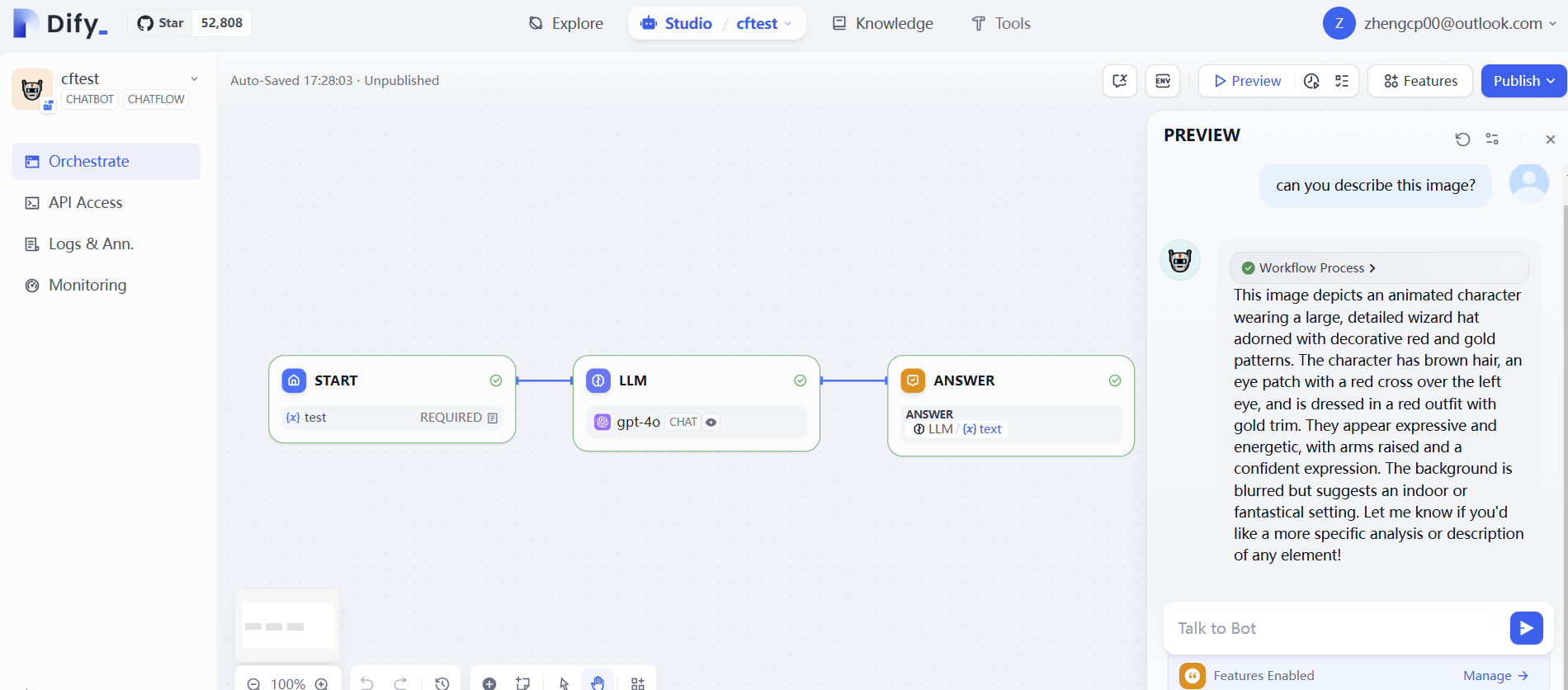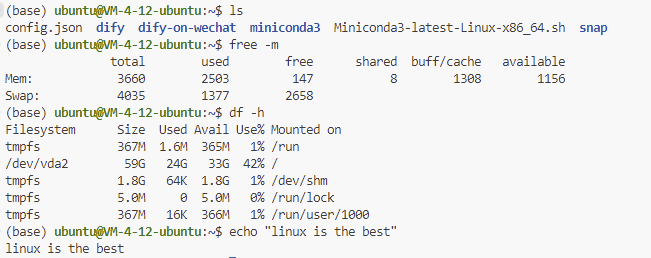Devops, MLOps to LLMOps
I can’t live without Large Language Models now 😢.
Begin from CI/CD
There are many definitions of CI/CD (Continuous Integration/Continuous Delivery) online, but everything related to XXXOps is based on CI/CD.
In my understanding, CI/CD is a development and operations practice that automates building, testing, and deployment processes to improve software delivery efficiency and quality.
Just imagine how you use GitHub and Docker. You commit code to a repository, and the remote repository automatically compiles, builds, and tests the code. These processes fall under CI. Then, when you deploy to test and eventually to production, those steps are considered CD.
In other words:
- CI: Focuses on building and testing to ensure code changes are reliably integrated.
- CD: Focuses on deployment to ensure code is smoothly delivered from the test environment to production.
As you can see, DevOps (Development & Operations) is essentially the implementation of the CI/CD process, making software engineers’ lives easier.
MLOps: Further from DevOps
MLOps includes all the concepts of DevOps but expands to cover the management of data, model training, analysis, and deployment.
At this point, imagine not only managing code versions but also managing data versions (FYI, many platforms support data versioning, like Hopsworks, or even just Git) and model versions (again, tools like MLflow handle this).
In short, MLOps describes the entire DevOps process but specifically for Machine Learning.
LLMOps: Another Fancy Word for MLOps
Okay, I have to say, people really love inventing new terms whenever something new pops up. LLMOps, or Large Language Model Operations, is essentially the same concept as MLOps. The only difference is that it focuses on Large Language Models rather than traditional machine learning models.
Connection Between the Three
Generated by ChatGPT
- DevOps as the Foundation: DevOps provides the standard processes for CI/CD pipelines and infrastructure automation, forming the basis for MLOps and LLMOps.
- MLOps as the Extension: MLOps extends DevOps practices to meet the unique needs of machine learning, including data management, model training, and deployment.
- LLMOps as the Specialization: LLMOps focuses on the complex training, optimization, and deployment of large language models, further refining MLOps practices for generative AI.
What’s next?
Cool, this article is just an overview of XXXOps. The reason I wrote this is because I took a class called “MLOps” this quarter. At first, I thought it was fancy, but I eventually realized it was basically just about learning how to use different tools to deploy a machine learning model…
Of course, that’s not the only reason. Another reason is that during the past few months while I was “missing,” I discovered a platform called Dify. It lets you create LLM apps on your own, kind of like LLMOps, which is super cool!
 |  |
|---|
See you next time, and I’ll share more about what I’ve been up to recently. 😊




